The general focus in English education still seems to see technology as a tool rather than using ICTs to open spaces for socially-situated rhetorical and peda-
gogical practices.
—Grabill and Hicks, 2005, p. 303
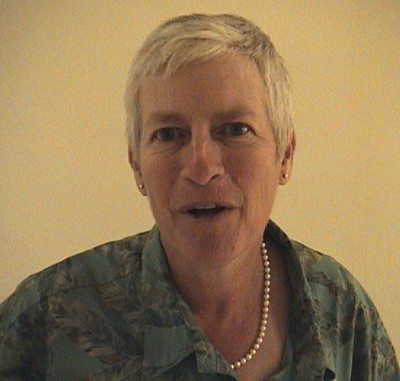
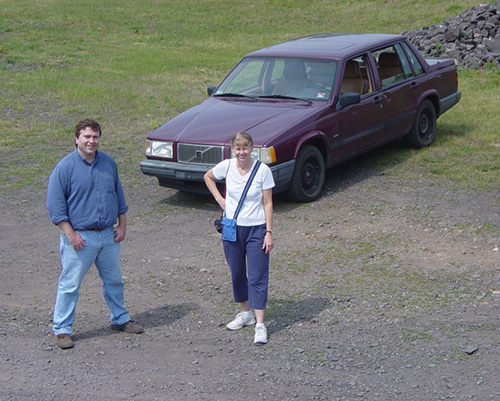
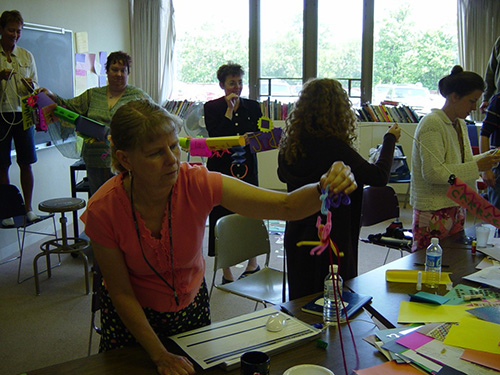
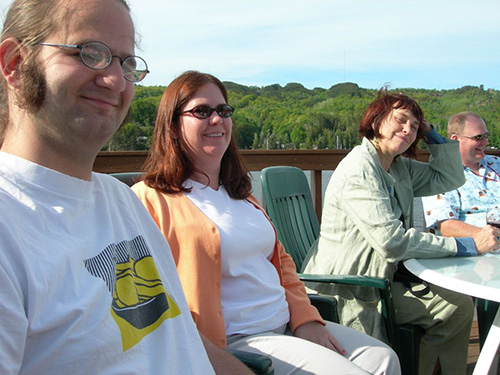
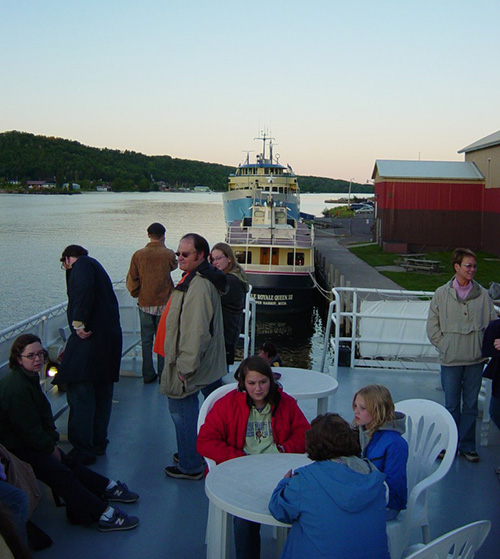
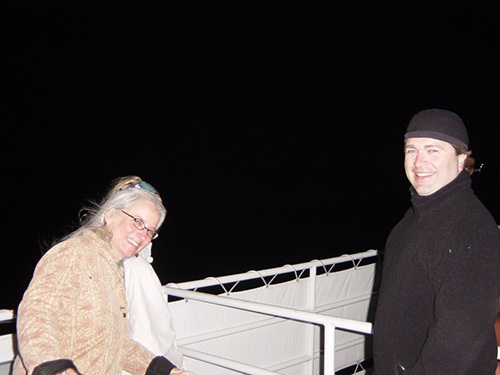
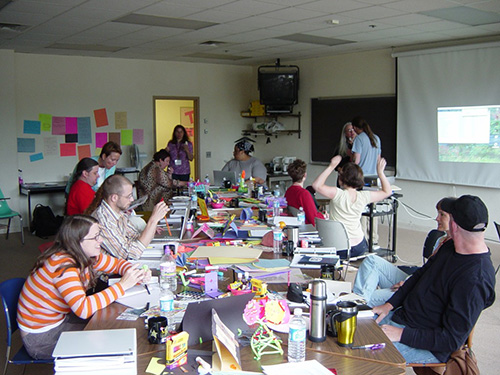
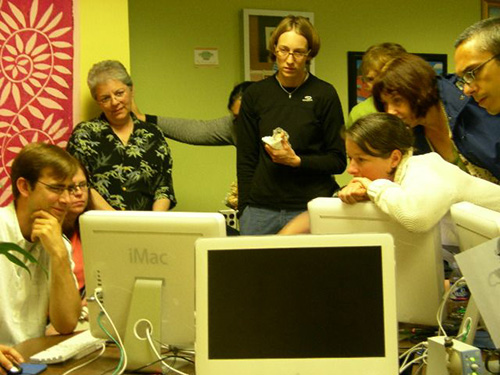
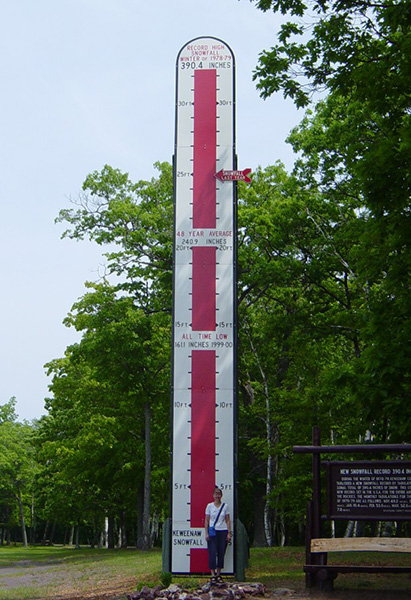


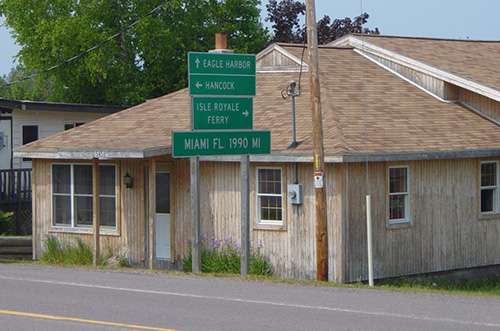
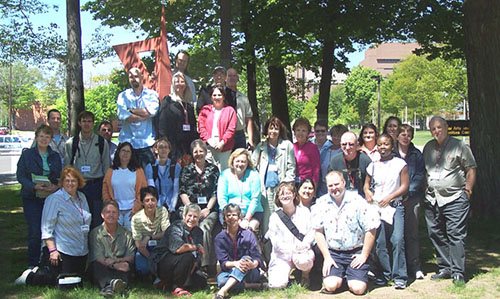
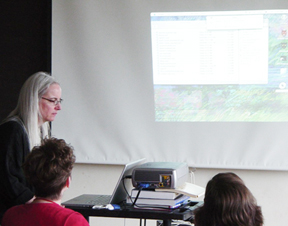
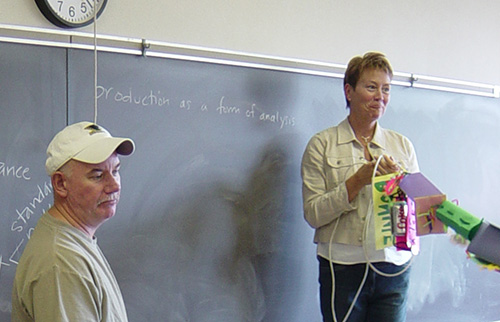

About
This webtext offers collective and curated reflections on four scholars’ participation in iterations of technology professional development (TPD) as experienced through the Computers in Writing-intensive Classrooms (CIWIC), the CIWIC Writing New Media (WNM), and the Digital Media and Composition (DMAC) summer institutes (*an explanation of acronyms). Anchoring our collective experience is DMAC’s attention to what Stuart Selber (2004) identified as the critical literacy essential to TPD. Our findings—related to the costs of TPD, the need for TPD sponsorship, and the requirement that TPD be sustainable—are presented in a Google Hangout conversation and followed with suggestions for means of implementing sustainable TPD. We have included seven videos that discuss elements such as securing funding, bringing new knowledge back home, developing sustainable TPD, and situating and theorizing TPD. This webtext also includes an archive of CIWIC, WNM, and DMAC materials.
Introduction
In her longitudinal study of technology professional development (TPD), Chrystalla Mouza (2009) asserted that much TPD attends “primarily on helping teachers learn how to use specific software packages rather than enabling them to reconsider their way of thinking about technology” (p. 1199). Our own institutional experiences bear this focus out, but as four participants of different TPD iterations, we learned the opposite; we recall the impact of the critical technological focus of the Computers in Writing-Intensive Classrooms (CIWIC), CIWIC New Media (CIWIC-NM), and Digital Media and Composition (DMAC) institutes. In responding to the 30th anniversary of the CIWIC/DMAC institute, in this webtext we work to tease out the various impacts resulting from our experiences with material/pedagogical and personally/institutionally dependent realities. Further, we collaborate here on suggestions for how to develop and sustain teachers’ critical technological literacies.
What we offer is a curated conversation of our individual experiences as participants of CIWIC, CIWIC-NM, and DMAC. This webtext, created in part through a Google Hangout conversation, illustrates the affective dimensions of our conversation, enlivens our arguments, and offers our audience some “extra-curricular” data about CIWIC, CIWIC-NM, and DMAC. In creating this text, we re-remembered the importance of play in the teaching of writing; this work reinforced Cynthia Selfe and Pamela Takayoshi’s (2007) argument that multimodality increases engagement. Given the nature of this topic and the import of all of our TPD experiences—in being/becoming reflective educators who adopt responsible and sustainable digital media practices in our classroom—we take advantage of multiple semiotic resources to open up the kinds of conversation fostered by digital professional development.
Our choice of development medium, a Google Hangout, and our willingness to explore the benefits of collaboration for crafting rich, digital compositions, recursively references our shared CIWIC, CIWIC-NM, and DMAC learning. We showcase descriptions of our diverse workshop experiences to “get at” what TPD means to us. Here we identify and elaborate upon three essential considerations for TPD: (1) costs, (2) the importance of TPD sponsors, and (3) sustainable TPD.
[*A note about the acronyms: CIWIC refers to Computers in Writing-Intensive Classrooms, an intensive two-week workshop that was held at Michigan Tech and led by Cindy Selfe and other instructors such as Gail Hawisher and Dickie Selfe. CIWIC began in 1985 and ran annually until 2005. DMAC refers to Digital Media and Composition, an intensive two-week workshop held at The Ohio State University and led by Cindy Selfe and Scott DeWitt. DMAC began in 2006 and has been held every year since. WNM refers to Writing New Media, which also took place at Michigan Tech and was led by Anne Wysocki with other instructors such as Johndan Johnson-Eilola. WNM began in 2001 as an offshoot of CIWIC (then known as CIWIC-NM for New Media) and the last iteration was held in 2006. Alanna attended DMAC in 2009; Les attended both CIWIC 2005 and WNM 2006; Rik attended WNM 2006; and Moe attended WNM 2005 and helped with the planning and execution of WNM 2006 as a graduate assistant. Back]
